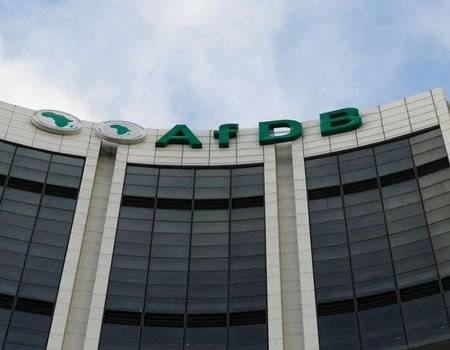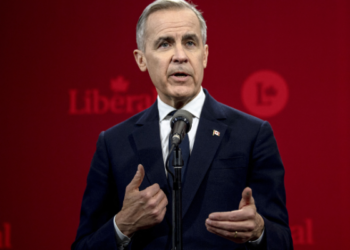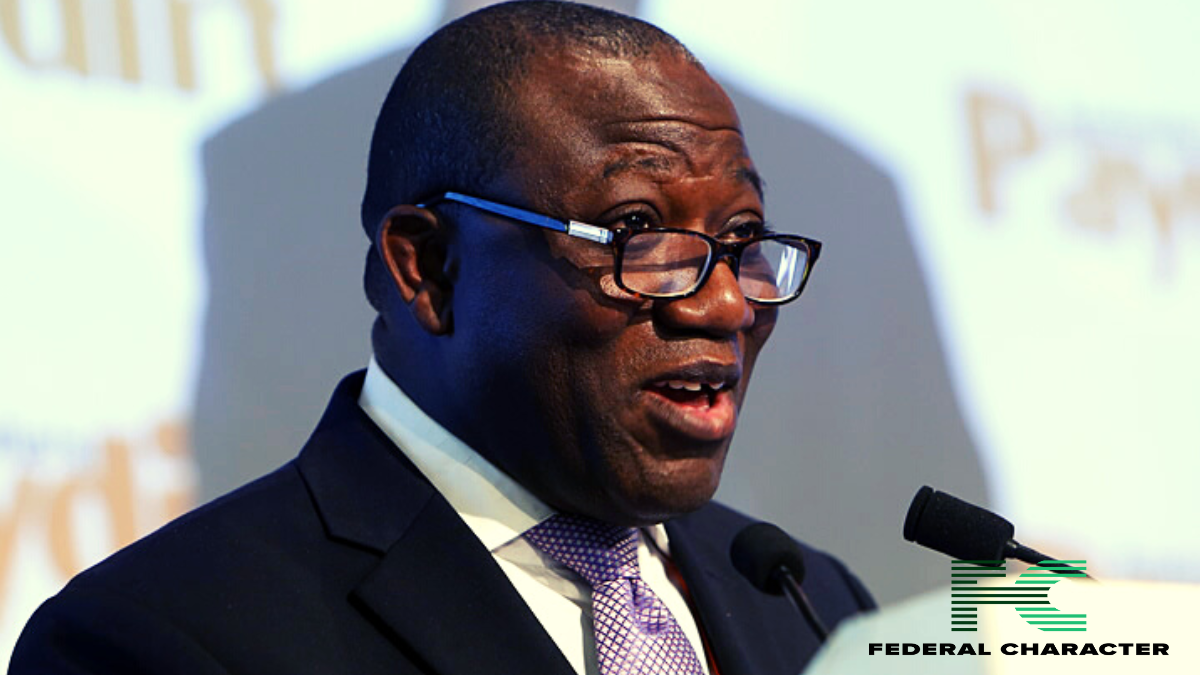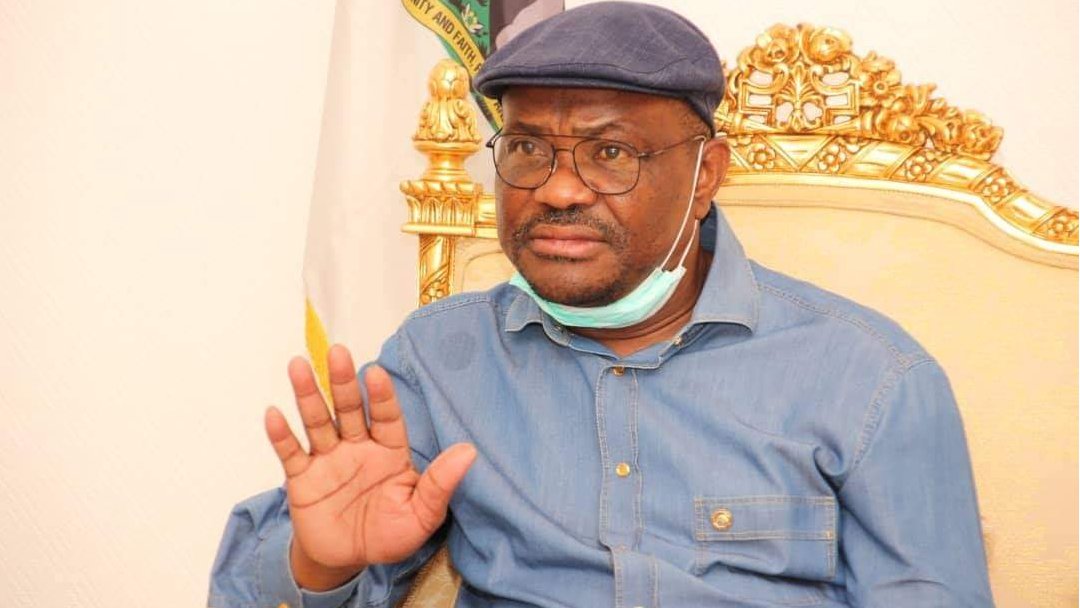The African Development Bank Estimates That Medical Tourism Costs Africa $2.4 Trillion Each Year.
Annually, at least $2.4 trillion in GDP is lost as a result of seeking medical care abroad. Nigeria loses $1 billion per month out of this sum.
Mr. Babatunde Omilani, Head of the African Development Bank’s Mission to Nigeria, said this while leading a group on a courtesy visit to Lagos State Governor, Mr. Babajide Sanwo-Olu, at the Lagos House, Marina, over the weekend.
However, AfDP gave Sanwo-Olu assurances that it would be ready to help Nigeria save the $1 billion that it was losing each month due to medical tourism by expanding the state’s health sector and bringing the state into the twenty-first century economically.
Omilani clarified that the group had spent the last ten days in Lagos State researching the state’s healthcare system and had visited every state hospital to learn about its shortcomings.
According to him, “Our reason for being here is very simple; we are here to contribute to your work, in transforming Lagos into a 21st economy; we are here to support your leadership as the executive governor, and what you are doing in the executive sector, to truly transform the health sector of Lagos State and make it a good economy in terms of boosting the state’s GDP.”
“Fortunately for us, our bank’s health approach is very similar to yours. I’d also like to mention that we’ve been here for ten days; we were supposed to be at the UN General Assembly in New York, but we decided to come to Lagos State and really participate in what you’re doing and support you, especially in terms of technical assistance and concessional financing, which can help you fill some of the funding gap you may be facing in addressing Lagosians’ health.
“Health is critical because it has the potential to quadruple an economy’s production.
“We conducted a thorough analysis with the World Health Organisation and discovered that Africa loses 2.4 trillion dollars in annual GDP due to a lack of investment in health. “We have also seen that our nominal GDP at about 2.6 trillion dollars a year means that we can actually double our economic productivity,” he told me.
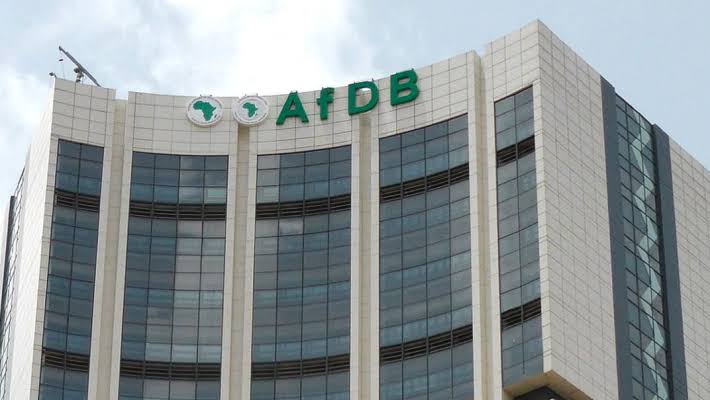
Omilani, while emphasising the importance of health at the Africa Development Bank, stated that the delegate believed that Lagos State required a holistic, inclusive, and integrated health approach that could help achieve significant gains in terms of trade, investment, and climate resilience, as well as job creation. “One of the things we do at AFDB is really to boost the development impact of the continent and so we are here principally to work with you, to support you in your transformation agenda for Lagos State,” he told reporters.
Addressing the delegation, Sanwo-Olu praised the AfDB’s work, pushing the institution to make the hopes and promises a reality, while also informing the state of her role in achieving the goal.
The governor stated, “We believe in the leadership of your bank. We feel the leadership is serious, which is why you’re here, and we appreciate that you’ve used Lagos as a test case. “We want to assure you that we are not only ready, but also business ready, financing ready, process ready, and prepared to engage in any capacity you require. We are more than grateful for the assistance; we see it as a collaboration.
Bottom Line
The African Development Bank’s (AfDB) estimate that Africa loses $2.4 trillion annually to medical tourism, with Nigeria alone losing $1 billion per month, highlights the critical need for significant investment in the continent’s healthcare infrastructure. This staggering figure points to a systemic issue Africa’s inability to provide adequate healthcare domestically, resulting in a massive outflow of capital as citizens seek medical services abroad.
In this context, the AfDB’s focus on Lagos State as a potential model for health sector transformation is strategic and promising.
By collaborating with Lagos State, the bank aims to modernize the healthcare system, which could serve as a template for other regions in Africa.
Lagos, as one of Nigeria’s most populous and economically significant states, has the potential to spearhead healthcare reform that would not only reduce medical tourism but also boost the state’s and the nation’s GDP.

